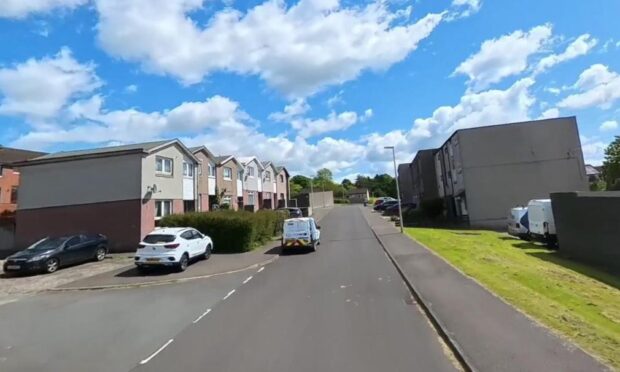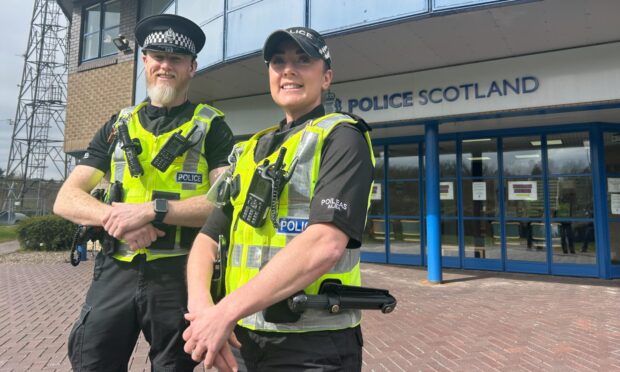Councillors claim they are being kept in the dark about sex offenders housed in their communities.
Concerns have been raised that the first many elected members know of an issue is when members of the public attempt vigilante action against suspected paedophiles and other sex criminals.
With 331 of Fife’s 462 registered sex offenders currently living in the community, councillors have asked for more information from the police in an attempt to help protect the people they are elected to represent.
The issue was raised at Fife Council’s Cowdenbeath area committee, where it was revealed a number of sex offenders have been housed from outside Fife and even Scotland.
Convener Linda Erskine said there had been several issues recently involving people worried about paedophiles living near them and also householders being wrongly targeted as child sex offenders.
“People don’t feel their area is particularly well protected,” she said.
Council housing officers assess homes using five different criteria before offenders are housed and those considered to be high risk are closely monitored.
Police have said that because of the sensitive nature of the crimes, the public cannot be informed.
People are placed on the sex offenders’ register for a wide range of sexual offences, including indecent exposure, and only a proportion of them are paedophiles.
Mrs Erskine said: “We’ve had constituents telling us there are paedophiles placed in their area.
“Some of them aren’t but some are. If there’s a serious problem we need to know about it and we need to understand the processes involved. How can we be better informed?”
Police Scotland area commander, Chief Inspector Irene Ralston, said: “Obviously sex offenders have to live somewhere but people don’t want them next to them.”
She said areas were risk assessed before people were placed.
“Because of the nature of the crimes involved and feelings towards sex offenders we’re very careful about information released to the community,” she said.
“People do find out and they make no excuse about it when offenders start to get targeted.
“They are very difficult and complex problems to resolve.”
Ms Ralston said she would speak to colleagues involved in public protection to organise a meeting with councillors to explain the processes they go through.
“As far as divulging where a sex offender lives, that’s not going to happen. It’s too sensitive,” she said.










